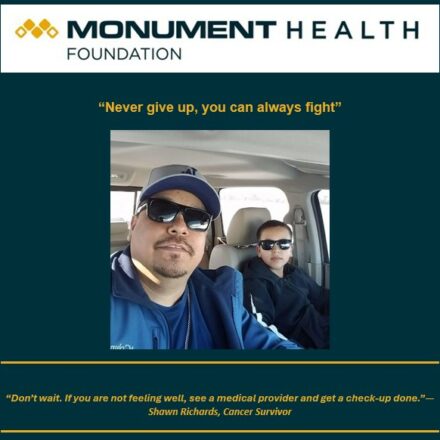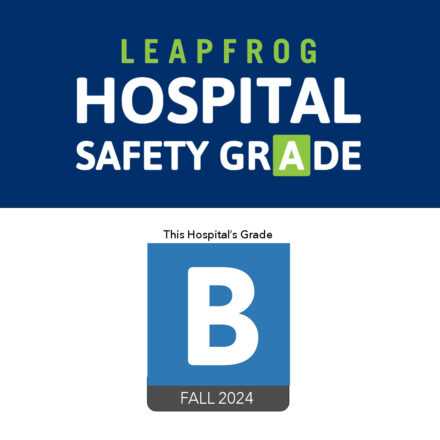
Lab caregivers at Rapid City Hospital were happy with how many caregivers and community members supported last month’s blood drive, which was moved outdoors to the main parking lot last-minute due to COVID-19. The drive, held March 20, yielded 74 units of blood – well over the 50-unit goal. And right now, it’s more important than ever to get as many donations as possible.
Emily Leech, Director of Laboratory Services for Monument Health, said that while donations are plummeting, patients continue to require blood products. “As a health care organization, no one understands the importance of a steady blood supply more than we do,” she said. “It is imperative that we band together to help support the local blood supply and our patients.”
Danielle High Bear, Interim Laboratory Technical Manager for Rapid City Hospital, said that while she does not anticipate needing a larger-than-usual blood supply as a result of the pandemic, COVID-19 will impact their overall supply.
“Blood collection centers rely on the support of businesses to hold mobile drives as a means of a consistent and steady influx of donors, and with the need for social distancing, many businesses are either closed or cancelling drives,” she said.
Furthermore, if many people do end up getting sick as a result of this disease, that would result in many people being ineligible to donate. “I would strongly encourage healthy individuals to make an appointment to donate,” Danielle said.
Individuals can make a blood donation at the Vitalant Blood Center located at 2209 W. Omaha St. in Rapid City. Call (877) 827-4376 to schedule an appointment. Rapid City Hospital’s next mobile blood drive is scheduled for May 15 in the hospital parking lot at the corner of Cathedral Drive and Third Street. Visit our Facebook page for the most up-to-date information. Donors must be healthy individuals showing no signs of illness and are encouraged to wear a mask.
Danielle noted that the March 20 event was the most successful blood drive held at Rapid City Hospital in several years. “I think it’s a result of people wanting to help in any way that they can during this pandemic,” she said. “On a regular basis, only about 3 percent of eligible donors actually give blood, but in times of crisis they find ways to overcome hurdles like a fear of needles or lack of time in order to help the greater good.”
According to Vitalant, blood drives represent more than 60 percent of the nation’s blood supply.
Latest News
More Like This


